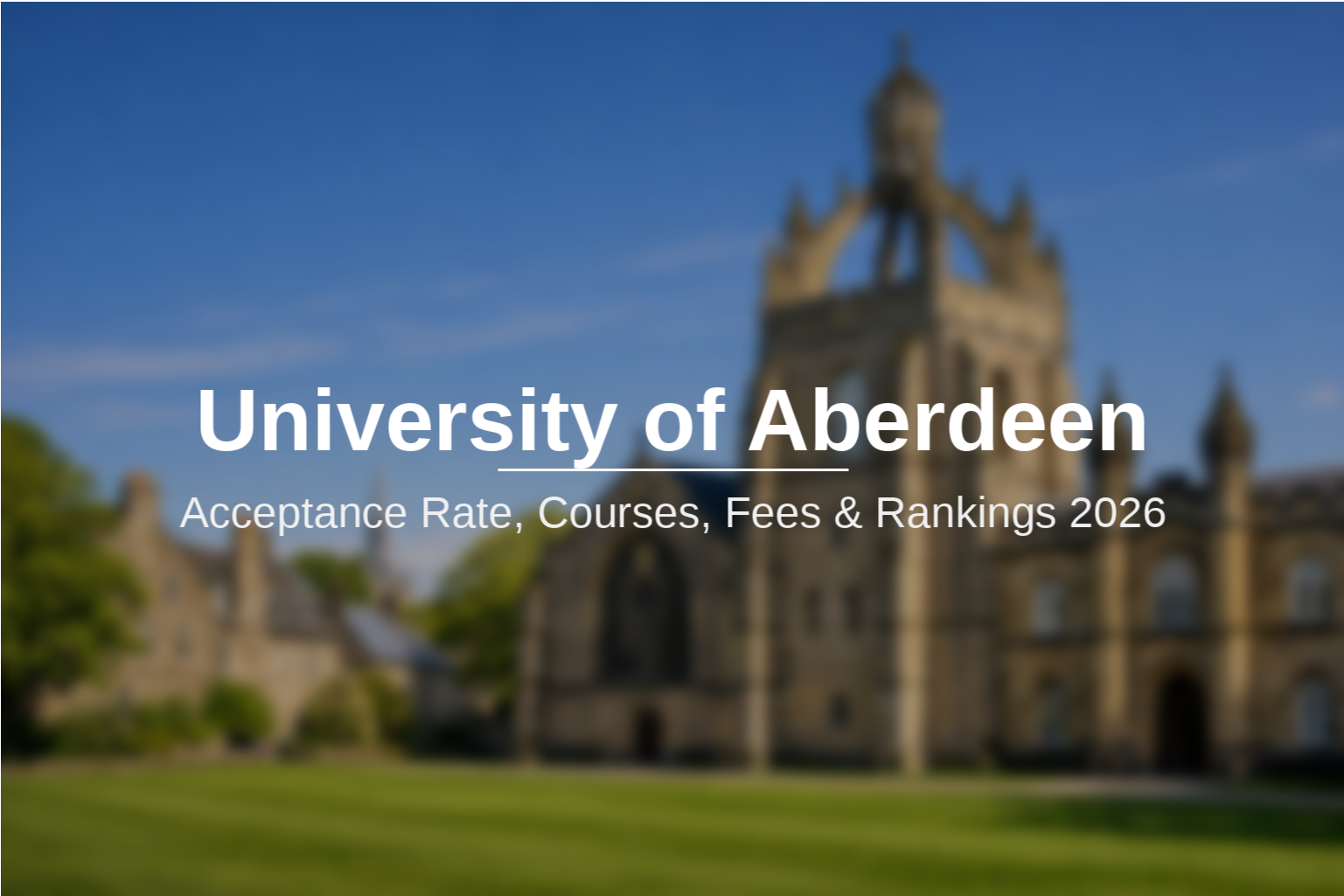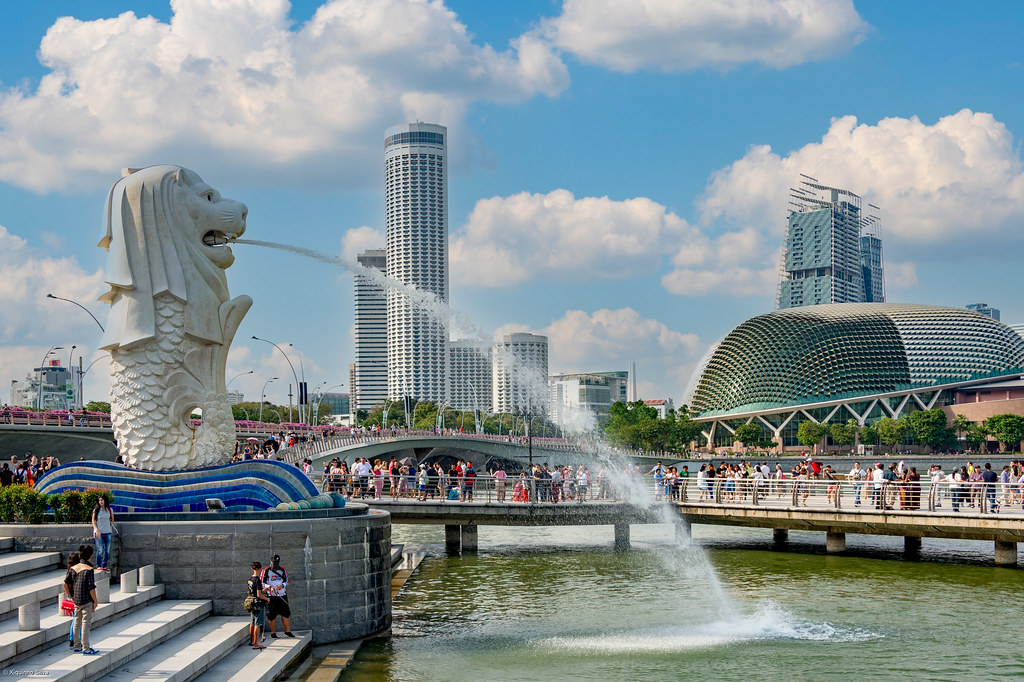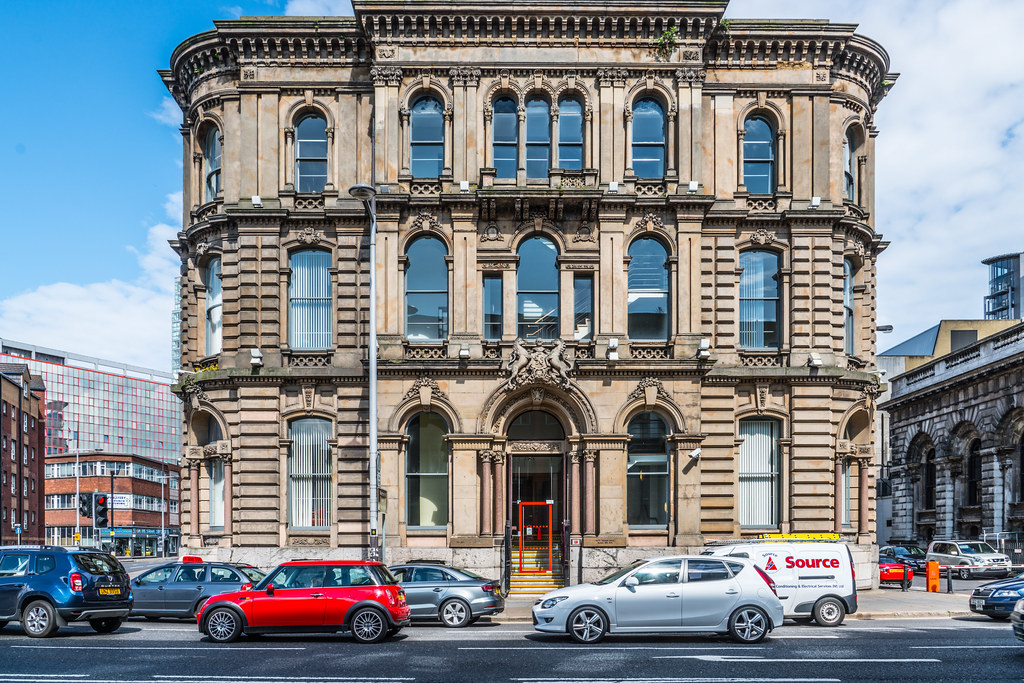Belfast, in Northern Ireland, is a city with a rich culture, a large part of which is centred around university life. Queen’s University Belfast is located within the city’s Golden Mile area. Belfast City College has campuses throughout the city, so there is a vibrant student life in every corner of the city, and plenty of entertainment even off campus. Before visiting, people need to know things like: Is Belfast safe? Which area is safe in Belfast? These questions will be answered in detail in this piece of writing to help people visit Belfast and find accommodation in the city.
Is Belfast Safe
When people ask Is Belfast Safe? The answer is, without a doubt, Belfast is a safe city to visit for people. Belfast may be small, but it’s quiet, calm, simple and safe. Lonely Planet says of Belfast: ‘It’s changed dramatically in the last 20 years or so. A city once shrouded in armed armies and religious conflict is now a hip neighbourhood full of bars, restaurants, and performance venues. Belfast has reported some of the lowest rates of burglary and robbery in 2022/23 and is now around one-fifth of its peak level in 2002/03. Belfast has been listed as the ‘Happiest City in the UK’ for many years because of its slow pace of life, high job satisfaction and low crime rate.
Is Belfast Safe at Night
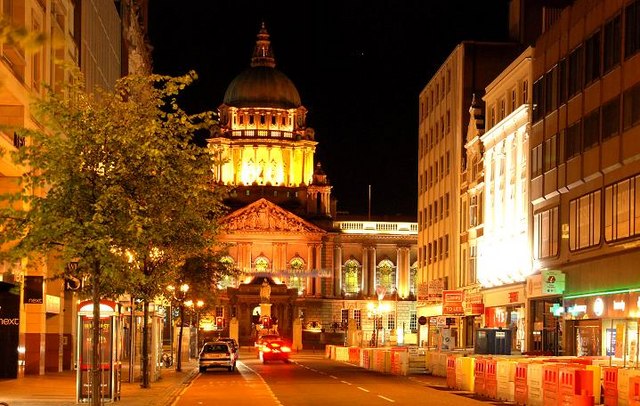
Belfast is safe at night. In 2024, Belfast received the accolade of being the ‘safest city’ in which to walk alone at night. At least it doesn’t feel dangerous to walk the streets from 9-10 pm. In recent years, Belfast has become a safer and more welcoming city that attracts students, tourists, and professionals. The Cathedral Quarter is one of the safest and most vibrant places for nighttime activities. With brightly lit streets and a lively atmosphere, the area is popular for dining, music and bars. Similarly, South Belfast is home to many students and professionals and is a relatively safe neighbourhood with frequent transport links and good walkways. When travelling at night, try to stay in well-lit and densely populated areas. If travelling late in Belfast, use reliable transport such as licensed taxis or carpooling services.
Is Belfast Safe for Tourists
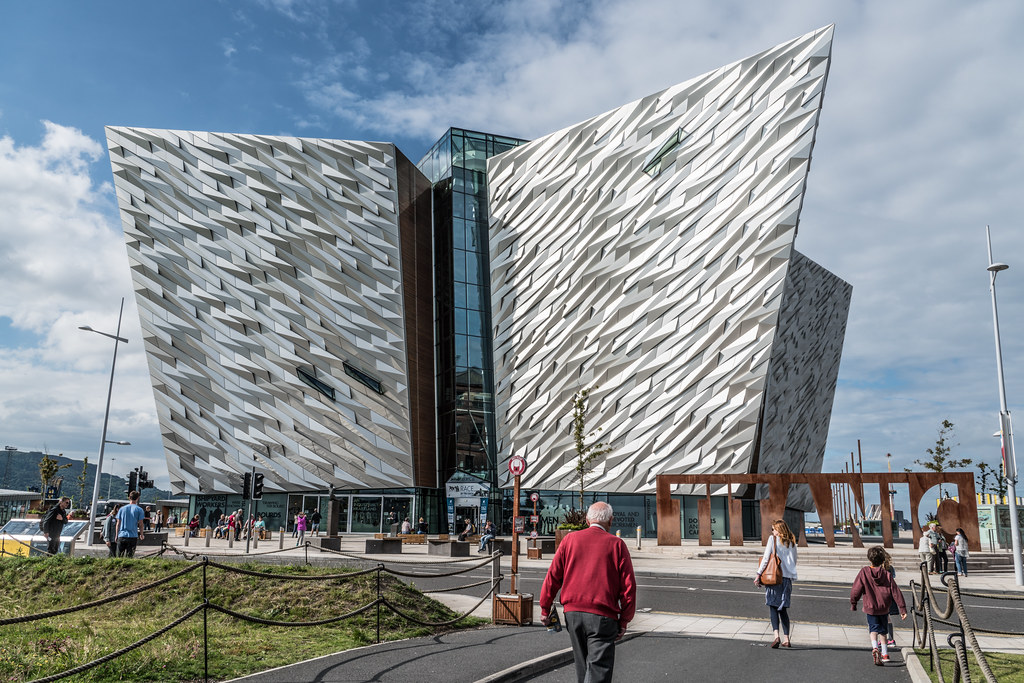
Belfast is a safe city for tourists. Belfast is the capital of Northern Ireland; although small, the whole town is very clean, giving people a Peaceful feeling. Belfast’s crime rate is the lowest in the UK; it is the UK’s best law and order in the city, and the safety factor is very high! Key attractions include the Belfast Titanic, Belfast Castle, and Belfast St. George Market; Belfast has become a safe and welcoming destination for tourists. Over the past two decades, Belfast has made significant safety improvements, moving away from many of the troubles of the past to become a thriving centre that attracts tourists from all over the world. The 2024 reports show that violent crime against tourists is infrequent, particularly in Belfast city centre and areas with high visitor numbers. Increased policing at tourist hotspots and public event locations ensures a safe environment, and as a result, Belfast is a safe city for people to travel.
Is Belfast Safe For Solo Female Travellers
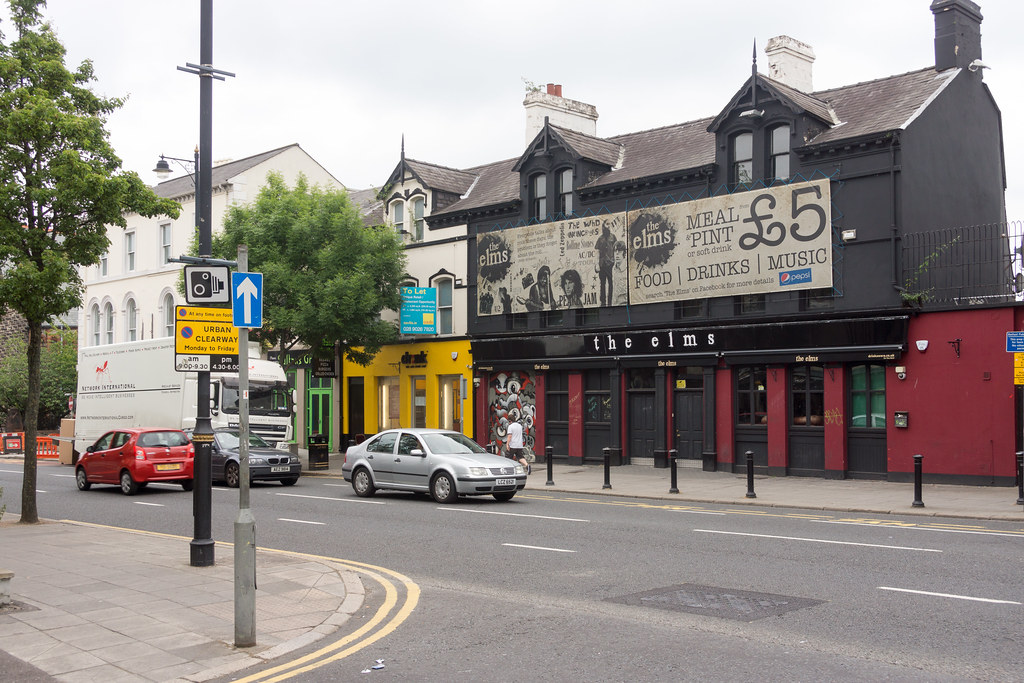
Belfast is generally considered safe for solo female travelers. Belfast has many excellent restaurants, bars, shops, and iconic attractions such as the Titanic Memorial, Ulster Museum, and Belfast City Hall, all located in the city center. These areas are heavily patrolled, making it comfortable to explore on your own. However, solo female travelers should always prioritize personal safety, regardless of location. We recommend staying in well-lit, secure areas and being mindful of your surroundings, especially at night. In crowded areas and tourist attractions, be vigilant against petty crimes such as pickpocketing or bag snatching. Exploring Belfast City Center can be done on foot, and taking public transportation to the airport is reliable and safe, even for solo female travelers. However, when traveling at night, prioritize safety and avoid unlicensed taxis.
Crimate Rates in Belfast
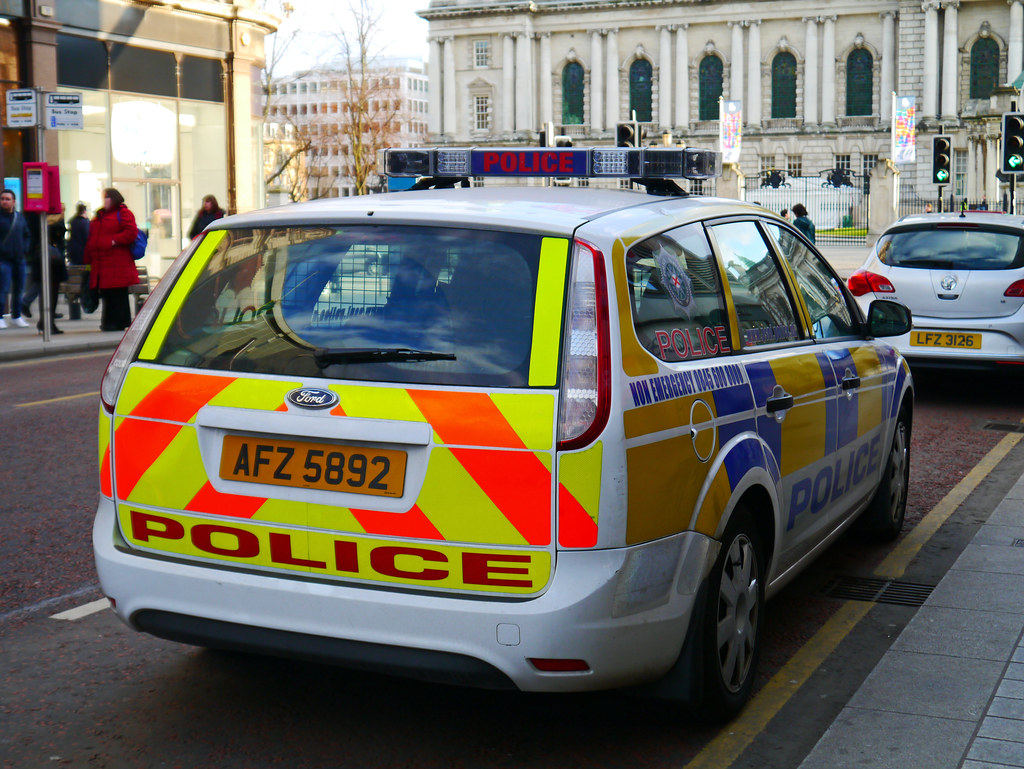
Belfast has a very low crime rate, with 51 crimes per 1,000 people. According to the International Crime Victimisation Survey, Northern Ireland has one of the lowest crime rates in Europe. From October 2023 to September 2024, about 97,919 offences were recorded. This represents a 10.7% decrease compared to the previous year. In recent years, the offenses of burglary and robbery have been at their lowest levels in Belfast, with the figures dropping dramatically compared to peaks in previous decades. For example, the rate of burglary in 2022/23 is approximately 1/5 of the historic high.
Which Area is Safe in Belfast
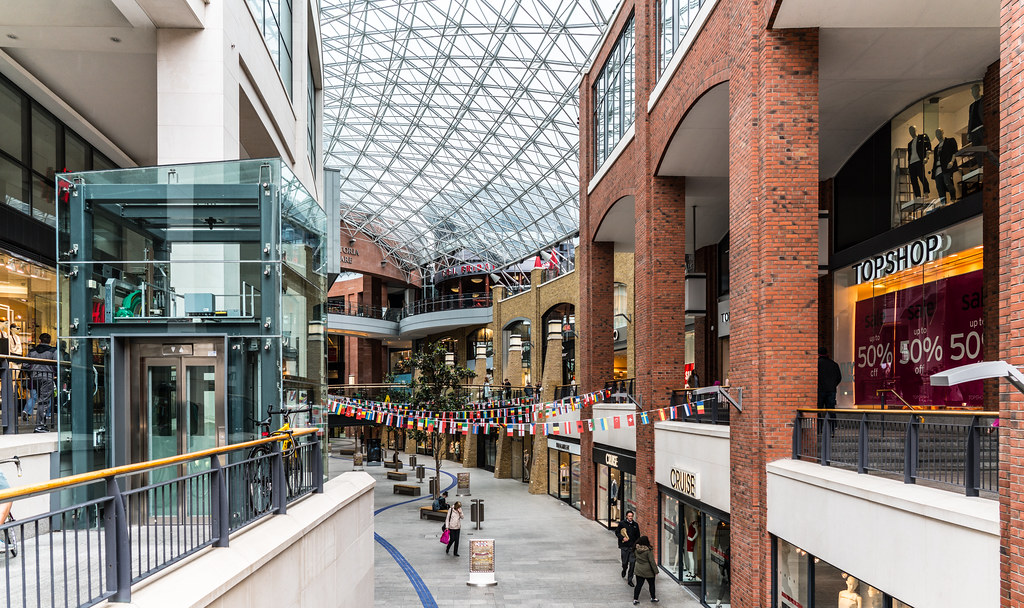
Belfast City Centre
Belfast’s city centre is a safe area in which to live. Belfast’s city centre is the heart of commercial and cultural activity, with many shops, restaurants, tourist attractions, and commercial offices. The City Hall and Titanic Memorial Garden in the city centre is a peaceful and tranquil green space. The Victoria Square Dome is just a few steps away from the city centre, but it always has a breathtaking view of the city. Due to its high daytime footfall, the Police Service of Northern Ireland (PSNI) maintains a visible presence in the city centre, deterring crime and providing security for the public, making it a relatively safe area of Belfast.
Cathedral Quarter
The Cathedral Quarter, named after St Anne’s Cathedral in its centre, is one of Belfast’s most vibrant and historic neighbourhoods and has a reputation for relative safety. Known for its cobbled streets, artsy atmosphere and rich history, the Cathedral Quarter has become a favourite with locals, students, professionals and tourists alike. The lively mix of restaurants, bars and cultural venues attracts a wide range of people, creating a vibrant and inclusive environment. The laid-back, artistic atmosphere of the Cathedral Quarter makes it an ideal place to meet friends or explore on your own. The Cathedral Quarter benefits from increased police patrols, particularly during busy evenings and events, to ensure the safety of visitors and residents. Many of the bars and venues have their security staff to maintain order and prevent disturbances.
East Belfast
East Belfast is one of the most modern areas of the city, known for its coastal attractions, high-end residential neighbourhoods and rich cultural scene. The area has retained its historic working-class roots while incorporating the vibrancy of the arts Renaissance. East Belfast has developed into a dual cultural and residential centre known for its industrial past. One of the most iconic areas of the East is the Titanic Quarter, once the site of the Titanic’s construction and now an iconic area of museums, businesses and residences. While Queen’s University Belfast is often considered close to the south, some of its facilities extend to the East, further reinforcing the educational and cultural character of the area. East Belfast is not only a must-visit destination for tourists, but it also has good policing and a vibrant atmosphere due to the large number of young people and students who congregate there. It is also a haven for music lovers, with well-known bands such as Snow Patrol, Two Door Cinema Club and Stiff Little Fingers playing regularly, adding to the artistic appeal of the area.
South Belfast
South Belfast is the most affluent part of the city and is known for its high-quality schools and community facilities. South Belfast’s low crime rate and vibrant lifestyle make it a popular choice for locals and newcomers alike. Queen’s University Belfast is Belfast’s most prestigious University and attracts a large academic crowd. Botanic Gardens is a tranquil green space featuring palm houses, rose gardens, and ample areas to relax or exercise. South Belfast has one of the lowest crime rates in the city thanks to strong community relations, proactive policing, and the presence of the University, which creates a safe environment.
Which Areas to Avoid in Belfast?
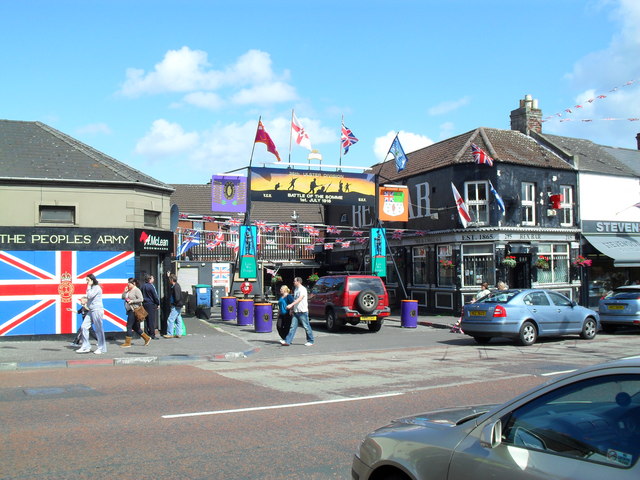
West Belfast
West Belfast is known for its strong cultural identity and historical significance, particularly regarding the Troubles, which is considered one of the areas to avoid in Belfast. Some areas in West Belfast still experience higher crime rates and social issues compared to other parts of the city. Falls Road in the west is considered one of Belfast’s most historic streets. It was the centre of religious and political conflict in the past, but today, it is a vibrant cultural street. You can learn more about Belfast’s historical background by visiting the street’s graffiti wall. Shankill Road, which runs parallel to Falls Road, is also an essential landmark in the west and has a similarly crucial historical background, having been a symbol of Belfast’s religious and political conflict. Today, Shankill Road is a diverse neighbourhood, mixing history with modern culture. It is above average due to a history of tensions and anti-social behaviour.
North Bellfast
North Belfast is one of the most critical areas within Belfast, where history and culture are intertwined, and crime rates are relatively high. The North Belfast community contains Catholic (Nationalist) and Protestant (Labour Unionist) residents. This diverse community structure has culturally enriched the regional atmosphere and led to a degree of social division. Some communities in the area have experienced rapid economic development, particularly in areas close to natural attractions, such as the residential areas around Cave Hill. However, some neighbourhoods, such as Ardoyne and New Lodge, still face high levels of unemployment and social inequality. As in Ardoyne and New Lodge, there is a relatively high level of crime, mainly focused on property crime and anti-social behaviour. Socio-economic inequalities and high unemployment in these areas are the main causes of crime.
Shankill Road
Shankill Road is located in west Belfast, known for the Northern Ireland Troubles, one of the more dangerous areas of Belfast. The Shankill Road stretches for approximately 3 kilometres from the city centre to the western suburbs and has historically been predominantly Unionist and Loyalist, with a predominantly Protestant community culture and religious atmosphere. Although the Northern Ireland peace process has been ongoing for many years, a number of Loyalist organisations still have some influence in Shankill Road. Whilst these organisations no longer openly conduct military operations, their presence has led to complex relationships within the community and occasional illegal activity. The presence of drug dealing and associated violent crime in parts of Shankill Road has increased insecurity amongst residents.
Tips for Staying Safe in Belfast
1. Walking in a group
It is very sensible to walk in a group and choose places where there are lots of people walking. When you are out alone, especially at night, try to move with a friend and choose places where there are lots of people walking. It is easier to get help in case of an emergency.
2. Avoid travelling at night
Try to avoid traveling at night, especially after 8 pm. If you travel at night, especially if you are a girl or traveling alone, it is advisable to choose public transport or a taxi-hailing service to ensure safety. Try to avoid walking or taking unlicensed vehicles late at night.
3. Keep your valuables safe
Don’t ‘show your wealth’ and closely monitor your valuables. Avoid showing your belongings in public, especially in crowded places such as city centers and railway stations, in order to prevent being targeted by criminals. At the same time, they always pay attention to their valuables and stay within the range of sight.
4. Be careful what you say and what you do
Be careful with what you say and avoid conflicts. In a foreign country, try to keep a low profile, be polite, and avoid conflicts with others, especially physical conflicts. If you encounter problems or disputes, you should first choose to call the police rather than take matters into your own hands.
5. Understand the local culture and laws
Understand and comply with local laws and regulations: not only will you avoid unnecessary trouble, but you will also know how to seek legal help in an emergency. Besides, Understanding Northern Ireland’s political and cultural nuances can prevent misunderstandings.
Conclusion
Overall, Belfast is a relatively safe city, particularly in areas such as the city centre and the south. However, particular areas remain at high crime risk due to historical, economic and social factors. Residents and visitors are advised to be aware of local security conditions and avoid travelling alone at night to high-risk areas to ensure personal safety. The policing situation in Belfast, Ireland, continues to improve as police and communities work together, but like all major cities, it is still essential to remain vigilant and take safety precautions.
If you want to find safe accommodation in Belfast, you can visit uhomes.com to help you make an informed choice before deciding to stay in one of these communities. Our accommodations in Belfast are equipped with 24/7 security systems, CCTV cameras, and secure entry/exit systems. Whether you’re looking for a hotel in Belfast or a student travelling to Queen’s University Belfast, uhomes.com has you covered.
FAQ About Is Belfast Safe?
Is Belfast safe for English tourists?
Yes, Belfast is safe for English tourists. Firstly, English people share the same language with Belfast, so tourists can get used to the Belfast environment as soon as possible. In addition, the security and infrastructure in Belfast have now improved significantly, with very few violent crimes or incidents against tourists, and the locals are known for their warm hospitality.
What are the safest areas to live in Belfast?
Some of the safest areas in Belfast include South Belfast, East Belfast, Belfast city centre and the Cathedral Quarter. These neighbourhoods tend to have lower crime rates and a more stable community atmosphere.
Which areas to avoid in Belfast?
West Belfast, North Belfast, and Shankill Road are avoided due to high crime rates. If you’re unfamiliar with these areas, avoiding them, especially at night, or researching and taking local advice before visiting is advisable.
Is Belfast safe for American tourists?
Yes. Belfast is equally safe for American tourists, with a thriving tourism industry receiving millions of visitors annually. The same safety considerations apply to any international traveler.
Is Belfast safe for students?
Yes, Belfast is safe for students and one of the UK’s top 10 safe cities for students, with the famous Queen’s University Belfast, which attracts tens of thousands of students every year.
Is Belfast safe for an English person?
Yes, Belfast is generally considered safe for English tourists. Although Northern Ireland has a complex political history, today the city is peaceful and friendly. Most British visitors will not encounter any problems. It is advisable to remain respectful and avoid discussing sensitive political topics.
Is Belfast safe for Indians?
Yes, Belfast is safe for Indian visitors and residents. The Belfast government is committed to providing a safe living environment for visitors and residents.

